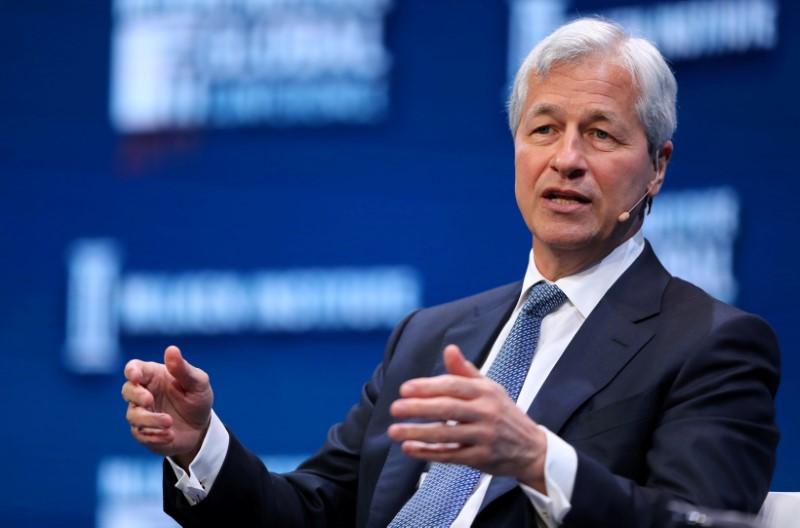Commentary
Before Hamas’s invasion of Israel, the stock market was teed up for a seasonal year-end rally. There had been lower-trending economic data to offset the still-stubbornly inflationary data to keep the bond market in check, and the dollar continued to trade higher, attracting foreign capital from around the world.





